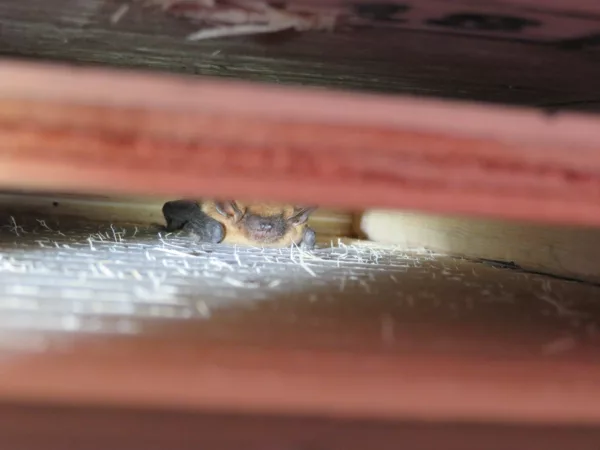The Best Tips for Preventing Mosquito Bites

Few things can ruin an outdoor adventure quicker than swarms of hungry mosquitoes, leaving you with itchy red welts for the rest of your hiking, biking or camping trip. At best these bites are annoying, but at worst, they can pose health concerns and transmit diseases. If you’re going somewhere where mosquitoes may be lurking, here’s what you can do to minimize your chances of becoming a pesky mosquito’s all-you-can-eat buffet this summer.
Use an Approved Mosquito Repellent
Temperatures between 22 and 27 C allow mosquitoes to thrive, so if you’re heading outside for prolonged periods this summer, bug spray is a safe and effective tool when used according to product guidelines. Whether you go for a lotion, spray or wipes, the product should contain one of the active ingredients approved by Health Canada, with the most common being DEET and picaridin. While products with higher concentrations of DEET generally provide protection for longer periods of time, DEET shouldn’t be used on kids younger than six months old. Products with up to 30 per cent DEET are suitable for adults and kids over 12 years and should generally only be applied once per day. To make sure the bug spray doesn’t reduce the efficacy of your sunscreen, healthcare professionals recommend waiting 20 minutes for the sunscreen to set in before applying the bug spray.
Dress Appropriately
Limit skin exposure by wearing long-sleeved shirts and long pants while avoiding dark and bold colours like black, navy, red and loud floral prints. Light and neutral loose-fitting but tightly woven clothing in materials like nylon and polyester make it harder for mosquitoes to bite through. Though it might look silly, tucking your pants into your socks will also provide additional protection. If possible, wear mosquito-repellent clothes. Mark’s label, WindRiver, offers mosquito-repellent clothes made from fabric with No Fly Zone® Technology. Odourless and invisible, this treatment promises to last through 70 washes, and the hoodies and pants keep mosquitoes and ticks away while you’re camping, hiking or working outdoors.
Go Scent Free
Whether it’s your deodorant, body soap, lotion or perfume, mosquitos can detect scents from up to 50 metres away, making you a target from afar. If you’re camping, wait to shower until the end of the day with scent-free products. This will also wash off any DEET products you’ve applied. If you are day hiking, showering within two hours of an outdoor activity can rid yourself of any loose ticks.
Set up Camp Wisely
When pitching your tent or setting up for a picnic, avoid stagnant and slow-moving bodies of water like lakes, ponds, puddles of rainwater and swamps as they could be a breeding ground for mosquitoes. When mosquitoes aren’t tracking targets, they tend to camp in shady places like shrubs, tall grasses and heavily wooded areas to avoid wind and direct sunlight. To minimize the chances of bites, take extra precautions by setting up camp in clear areas.
Deck Out Your Campsite

Enjoying a refreshing can of pop or beer at your campsite might be satisfying after a day of exploring, but because mosquitoes can detect and are attracted to carbon dioxide, opening one up can create a scent trail that leads them straight to you. Protect your campsite with the top-rated Thermacell EX90 Rechargeable Mosquito Repeller, which provides a generous six-metre radius protection zone, the largest of the brand’s mosquito repellers. This DEET-free alternative to preventing mosquito bites emits an odourless repellant with a blend that contains metofluthrin and provides up to nine hours of protection against mosquitoes on a single charge.

Thermacell also offers a portable version that comes with a belt clip, which creates a 4.5-metre radius zone of mosquito protection for on the go, whether you’re hiking, kayaking or fishing.
Time Your Activities 
Because early mornings and evenings are typically more humid and less windy, mosquitoes tend to be most active during these times. Aside from being drawn to scents and carbon dioxide, mosquitoes are also attracted to the lactic acid produced in sweat. Avoiding high-output activities during dawn or dusk when mosquitoes are likely to be out hunting can help minimize the chances of being bitten.
Check out more tips for outdoor summer fun:
How to Avoid Ticks in the Outdoors
How to Clean Your Hiking and Camping Clothes and Gear
















